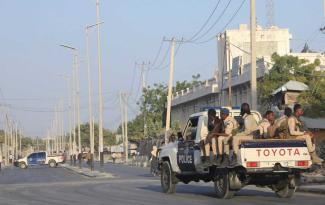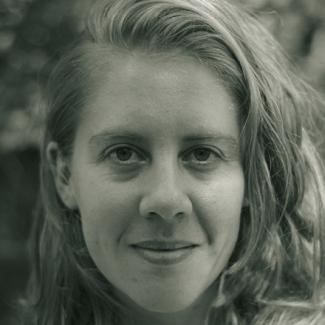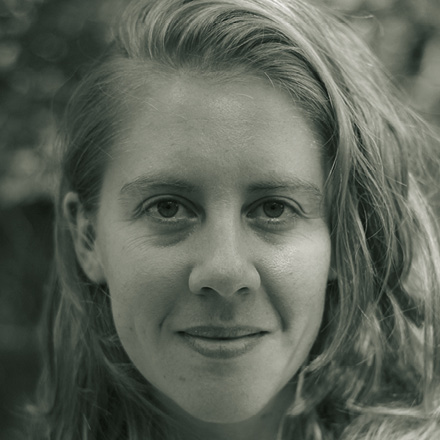International journalism
How journalists get to crisis zones
 picture-alliance/REUTERS/Feisal Omar
picture-alliance/REUTERS/Feisal Omar
Martina Dase works for the international children’s rights organisation Save the Children. Together with her colleagues in countries where the organisation operates, she regularly arranges press visits in crisis zones to draw attention to the plight of children there.
Somalia, for example, is in the grip of a famine. Anyone wishing to travel to the East African country to report on the situation faces a massive organisational and budgetary challenge. Security arrangements are complicated, armoured cars and armed security guards are standard requirements. The terrorist militia al-Shabaab controls many areas and regularly carries out attacks that claim dozens of lives, especially in the capital Mogadishu.
To permit reporting even in these difficult circumstances, Dase and her colleagues in Somalia help by making the arrangements for press visits, footing the bill and recouping their outlay from the media houses later on a pro rata basis. Because several teams always travel together, the costs can be shared.
Helpful contacts
In countries like South Sudan, difficulties are compounded by the fact that it is not easy to obtain a journalist visa or film permit. This is where civil-society organisation contacts can help (see main article). Organisations like Save the Children have been working in some countries for decades and virtually vouch for reporters. However, to avoid jeopardising operations on the ground, journalists must accept some agreements, Martina Dase explains. For example, they are asked to be transparent about who else they talk to in the country – and what they talk about. Most then at least marginally mention the civil-society organisation they are travelling with in their reporting, not least to show gratitude for the assistance it provided.
According to Dase, Save the Children is not interested in showing the same typical pictures of children over and over again. The idea is to give reporters access to more complex stories. However, the former filmmaker is aware of serious limitations: “Our own movements in crisis regions are restricted. There is only so much reality we can access and show.”
Birte Mensing works as a freelance journalist in Nairobi.
birte.mensing@web.de

